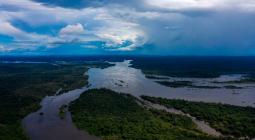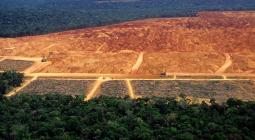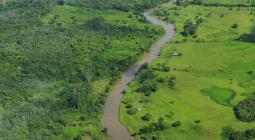From Environmental Leader to ‘Worst Company in the World’.
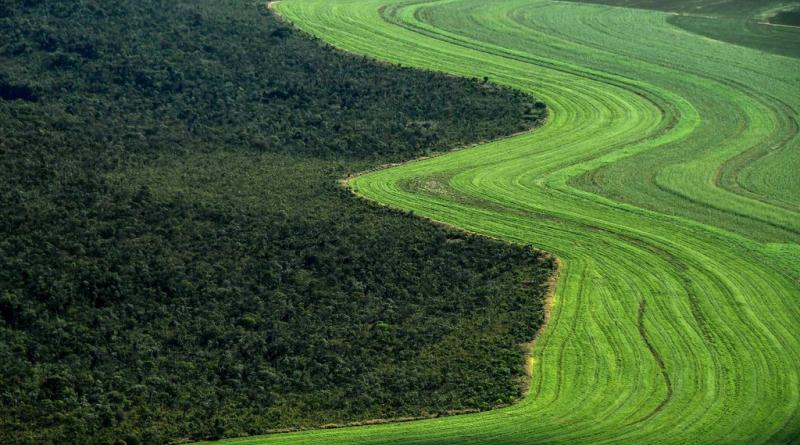
For years, the American agricultural giant Cargill has been on relatively good terms with environmental advocates, praised for agreeing to a landmark moratorium on buying soybeans grown on deforested land in the Amazon rain forest.
In recent weeks, though, that relationship has soured over the company’s refusal to agree to a similar moratorium in another environmentally sensitive region of Brazil and, more broadly, over its failure to meet its anti-deforestation targets. This month, the environmental advocacy group Mighty Earth released a report titled “Cargill: The Worst Company in the World.”
The fierce reaction shows how corporations that fall short of ambitious environmental commitments can be received. And it demonstrates the speed with which a company can go from environmental leader to scourge in the eyes of some advocates.
“What was disappointing was that Cargill got lauded and then didn’t follow through,” said Nathalie Walker, a director at the National Wildlife Federation. “I don’t think anyone is taking a personal view or an emotional view about a company. It’s judging them by their actions.”
Cargill, which acts as a middleman between farms and big food companies, is one of the top exporters of Brazilian soy. Before it committed to the soy moratorium in 2006, advocacy organizations like Greenpeace had pressured the company to stop working with farmers who cleared native vegetation in the Amazon, where rampant deforestation was creating an environmental catastrophe. Eventually, Cargill agreed to the moratorium — a move that environmental groups say has helped significantly reduce deforestation in the region.
The largest privately owned company in the United States, Cargill has never exactly been the darling of the environmental community. But over the years, advocacy groups, often pugnacious in their criticism of powerful corporations, have occasionally lauded the company for its promises to do better. Cargill even received a Leadership in Environment Award for its role in the Amazon moratorium from the Keystone Policy Center, a nonprofit focused on compromise and civil dialogue.
Recently, however, the good will seems to have evaporated. Last month, Greenpeace questioned the company’s commitment to ending deforestation in Brazil, shortly before Mighty Earth released its scathing 7,000-word condemnation of Cargill, which criticized the company for pollution and meat contamination, as well as deforestation.
“It’s hard to hear,” said Ruth Kimmelshue, Cargill’s chief sustainability officer. “It doesn’t feel very good.”
Much of the recent criticism of Cargill is focused on thecontinuing deforestation in the Cerrado, a vast Brazilian savanna where the company buys large quantities of soy from local farmers. The Cerrado accounts for around 60 percent of Brazil’s total soy production, roughly 20 times the amount grown in the Amazon.
“The economic stakes are much greater,” said David Cleary, the director of global agriculture at the Nature Conservancy.
Cargill’s experience also highlights the thorny politics facing American companies in Brazil, whose new populist president, Jair Bolsonaro, has sought to roll back environmental regulations and accelerate economic growth. The Brazilian section of the Amazon has seen a major uptick in forest loss since Mr. Bolsonaro took office in January.
Over the past few years, advocates have called for the company to establish a soy moratorium in the Cerrado, which has lost more than half its native plant life and has significantly less protection under Brazilian law than the Amazon does. Experts say the damage to the region has disrupted the local water system and exacerbated climate change.
Cargill has refused to agree to a Cerrado moratorium. Last month, the company acknowledged that it would miss an environmental target it had set a decade ago: the elimination of deforestation from its supply chain by 2020. Instead, it released a new “soy action plan” that pledged $30 million toward the development of “economically viable options for farmers as alternatives to converting native vegetation.”
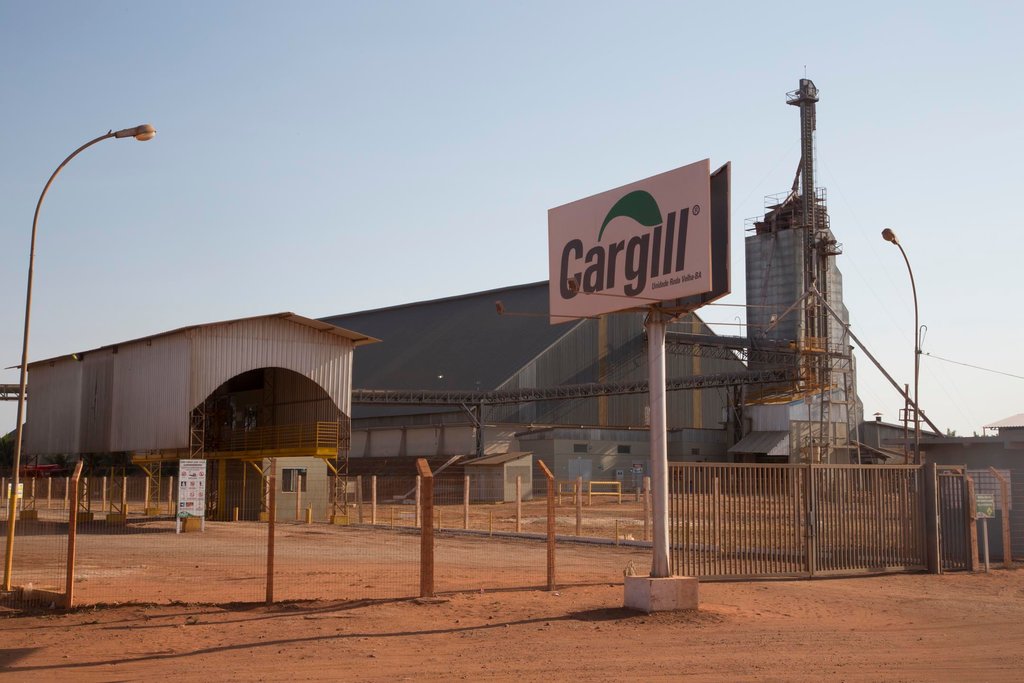
The plan is light on specifics. But, in an open letter sent to Brazilian farmers this month, Cargill made its opposition to a second moratorium explicit, assuring the agricultural community that “we understand that this is not the appropriate instrument to solve the issue.”

